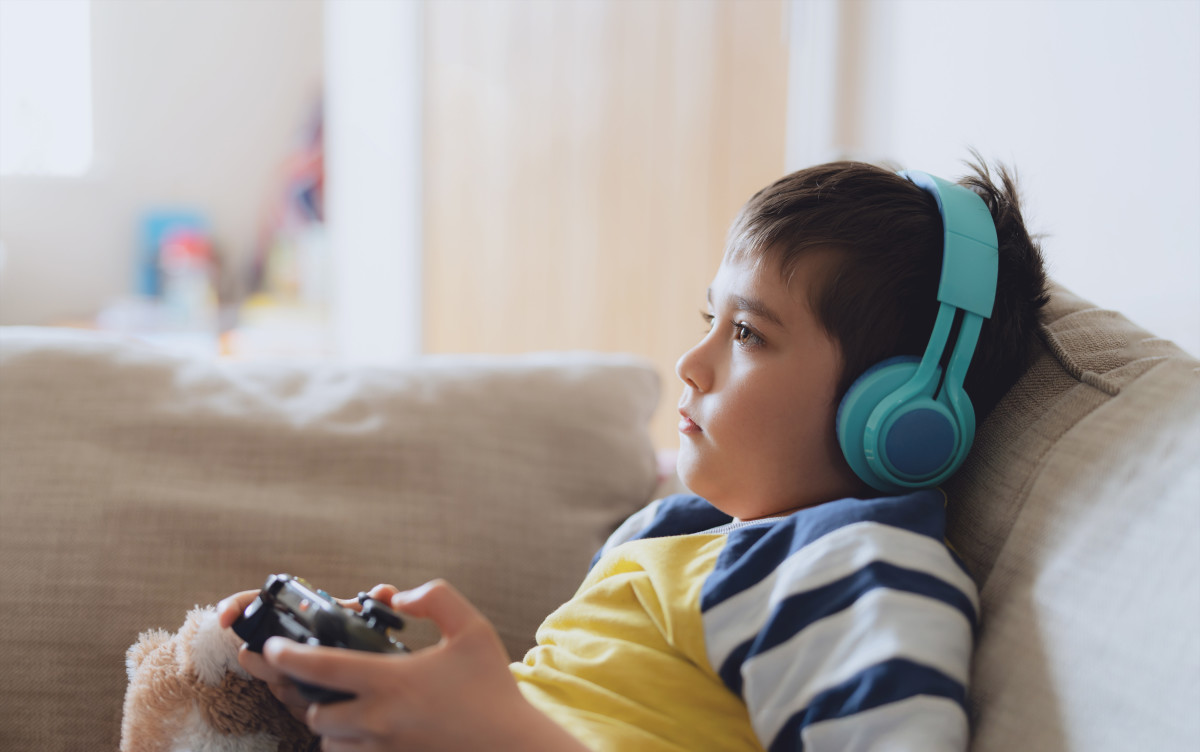According to Dr. Lior Ungar, an expert in neurosurgery and pain medicine, the brain constantly develops from birth to late twenties. The brain develops in various structures, wiring, communication between them, and chemical secretion necessary for functioning. In cases of addiction, the brain changes to seek pleasure, leading to an increased need for the same stimulus, such as screen exposure. This results in a greater secretion of chemical substances like dopamine, requiring more screen exposure and leading to addiction.
On the other hand, Max Chenag, head of a research team that studied young people’s brain activity at rest found that increased brain activity was evident in all regions of their brains. However, they also observed an overall decrease in communication between the parts of the brain involved in active thinking, memory, and decision-making.
The changes may lead to addictive tendencies in adolescents and behavioral changes related to mental health, developmental stages such as curiosity and creativity may be impacted. Symptoms include struggling with maintaining relationships and social activity; lying about screen time; disturbed sleep patterns; irregular eating habits.
To prevent negative behavioral changes from occurring or intensifying during adolescence’s crucial developmental stage parents are advised to enforce reasonable time limits on their children’s daily internet use. Additionally seeking psychological treatment or psychotherapy may be necessary if necessary.
In conclusion while it is important for young people’s brains to develop through various structures wiring communication and chemical secretion necessary for functioning; excessive screen time can negatively affect their abilities potentially impacting curiosity creativity understanding empathy organization skills among others. It is vital for parents to monitor their children’s internet usage ensure they adhere to reasonable limits enforce psychotherapy if necessary and encourage healthy habits that promote overall wellbeing.



